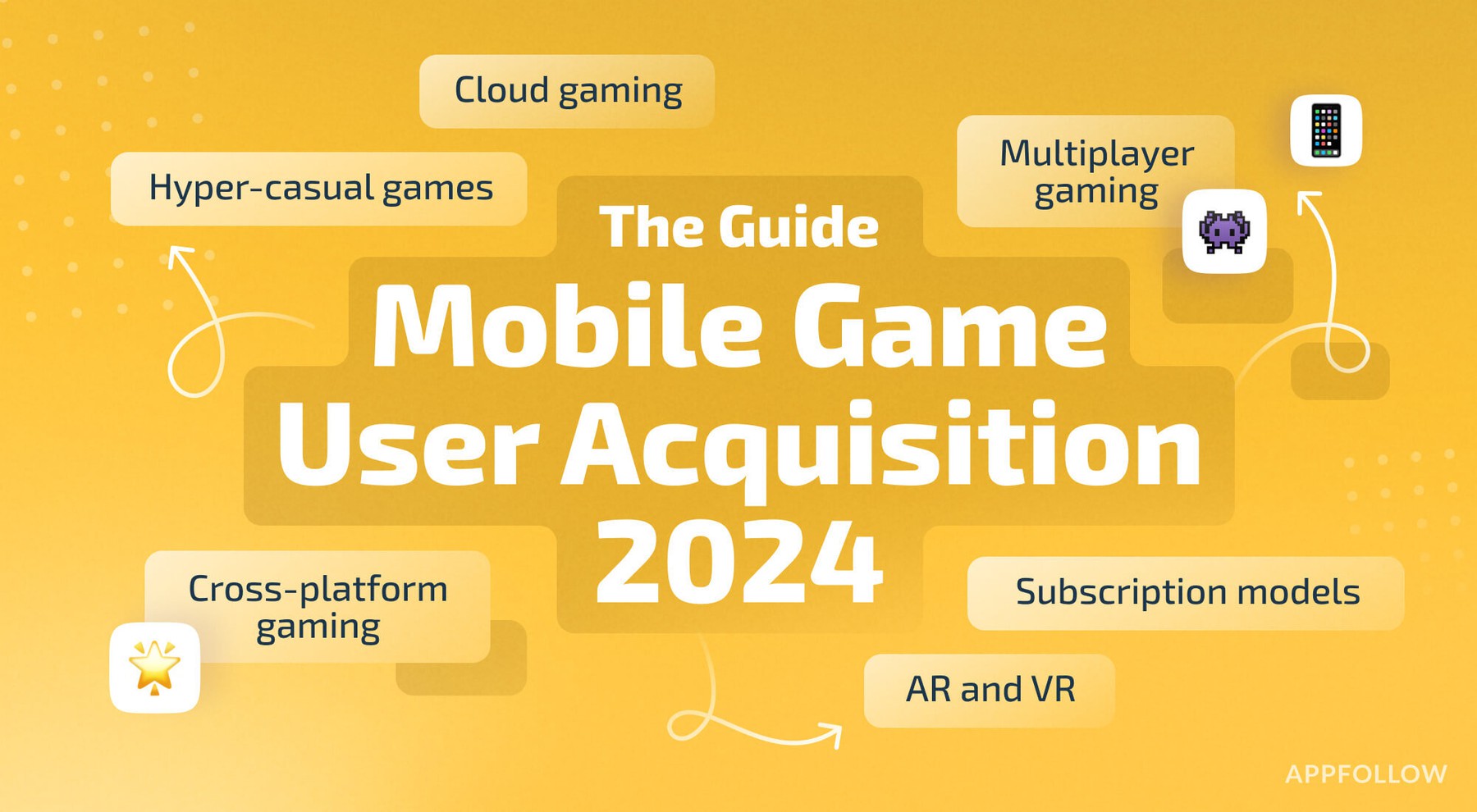Going toe-to-toe with the mobile game app giants

Table of Content:
Recently we had the pleasure to once again talk to Sue Shakiba, CH Mobile Lead at Star Stable Entertainment. In her charge is Star Stable, a cross-platform online adventure game where players explore a magical world on horseback, completing quests and caring for their beloved horses.
A topic of our conversation was staying competitive. With the mobile game app market valued at hundreds of billions of dollars, standing out is nothing short of a miracle. And yet, Star Stable manages. In this story, you will learn Sue’s approach to keeping players happy, and thus, maintaining a high app rating that gets more players in.
Going toe-to-toe with the mobile game app giants
We asked Sue a number of questions, the answers to which, will provide you with actionable advice you can use with your own game, especially if it is of a similar caliber.
What’s the biggest challenge to overcome in order to get more users?
It’s your own players.
They’re your lifeblood, but their strong passions can sometimes be a double-edged sword. Their high expectations and enthusiasm are great, but they also mean you have to constantly manage these expectations and keep them engaged while reaching out to new users. You can't just sit back and hope for the best.
You have to be proactive.
- Run targeted ad campaigns on platforms where your audience hangs out—social media, gaming forums, you name it.
- Partner with influencers and content creators who have a strong presence in your community.
- Use your own game masters who are already influential in your player community. They can spread the word about your game more effectively than any corporate marketing strategy ever could.
And don’t forget about building a real community!
- Use your social media channels and in-game events to encourage player interaction.
- Listen to their feedback.
- Create a welcoming environment for both new and existing players.
- Offer free trials so potential players can get a taste of what your game offers before they commit to a purchase.
- Keep your game updated with new content, features, and improvements to keep existing players engaged and attract new ones. It’s a constant cycle of engagement and improvement, but it’s necessary to grow your user base.
What metrics help a game app move forward?
Metrics are your best friend in understanding what’s working and what’s not.
- The retention rate is a big one—this tells you how many players keep coming back to your game. If it’s high, you’re doing something right. If it’s low, there’s a problem that needs addressing.
- Average revenue per player is another metric that makes it or breaks it. This helps you gauge the effectiveness of your monetization strategies. Are your players making in-game purchases? Are they subscribing to premium versions of your game? Tracking this can help you identify opportunities to increase revenue.
- You should also track your active player count. Tracking the number of unique players who actively engage with your game provides insights into its popularity and player engagement over time.
- Conversion rate is another key metric—this measures the percentage of players who take desired actions, like making purchases or subscribing. This can help you identify areas for optimization and improvement in your monetization strategies.
Keep a close eye on these metrics. They’ll tell you about player behavior, engagement, and your game’s performance and general sentiment.
Is review management important?
User reviews provide direct feedback from your players. They let you know what they enjoy and what needs improvement. These reviews can shape the perception of your game among new players. Would you rather download a 3.1-star game or a 4.6 one? The answer is self-evident.
Positive reviews attract new users and build a positive reputation. Negative reviews, on the other hand, will push away potential players and damage your game’s reputation if not addressed fast.
Engage with user reviews to show your players that you value their feedback and are actively listening to them. This is how you build a community—the players know you actually care about them that way.
And of course, the negative reviews are your bread and butter. They often highlight bugs, glitches, and other technical issues that need fixing—something you might not know about yet.
Analyze reviews to get insights into how your game compares to competitors. Players often make comparisons in their reviews, basically doing a part of competitor research for you. It’ll give you a sense of where your game stands in the market, as well as identify strengths to build on and weaknesses to fix.
How to compete with industry titans like Candy Crush or Clash of Clans?
Competing with industry giants like Candy Crush or Clash of Clans is no small feat. It requires strategic planning, innovation, and a deep understanding of your target audience.
- Identify and nurture your niche. Know what sets your game apart and focus on that.
- Build a strong community around your game—engaged players are more likely to stick around and spread the word. Word of mouth goes a really long way. Use all available social platforms to let people speak—Reddit, forums, even TikTok comments.
- Respond to app reviews as best you can. Manually or automatically, it doesn’t matter so long as you dedicate enough time to address their problems. Be kind, and take their feedback seriously.
- Be smart about monetization. Find the right balance between free-to-play and premium content. Offer value through in-game purchases and subscriptions without alienating your player base.
- Conduct competitive analysis to see what your rivals are doing and how you can do it better. Use this information to refine your own strategies.
- Focus on quality and continual improvement. Keep your game updated with new content and features to keep players engaged
Ultimately, your best weapon against industry titans is your dedication to your players. Build strong relationships with them, listen to their feedback, and constantly strive to improve. This dedication will set you apart and help you carve out your own place in the mobile gaming market.
Practical advice for new game developers
If you’re just starting out in the gaming industry, here’s some advice: know your audience. Use data to understand who they are and what they want. Engage with them from the start. Surveys can be a great way to collect initial feedback.
Build a strong community around your game. Players are vocal and will tell you exactly what they like and don’t like. Use this feedback to guide your development process. Keep the lines of communication open and maintain a strong engagement with your players.
Success in the gaming industry requires a combination of understanding your audience, a strong community, proper review management, and strategic planning. Keep these principles in mind, and you’ll be well on your way to building a successful game. Oh, and of course, it has to be really pretty!
Afterword
Marketing a mobile game has never been easy, but we hope this advice from Sue will help your game reach the top ranks. If you'd like to learn more about Star Stable and how they manage to achieve success in the competitive market, see the recap of our App Mastery Connect session.
FAQ
What's the challenge in attracting more players to your mobile game?
The real challenge is managing your existing players' high expectations while simultaneously reaching out to new users. You need to constantly engage them with new content and manage their expectations through regular updates. Plus, expanding your player base requires aggressive marketing—targeted ads, partnerships with influencers, and your in-game leaders.
Which game app metrics matter more?
Key metrics include retention rate, which shows if your game holds interest; average revenue per player, which indicates if your monetization strategies work; and active player count, which reflects game popularity. Don’t overlook the conversion rate either—it shows how well you're turning players into paying customers. Track these relentlessly.
Can managing player reviews actually boost your game’s reputation?
Absolutely. They provide unfiltered feedback on what’s working and what’s not. Positive reviews can boost your game’s appeal to new players, while negative reviews, if ignored, can destroy your reputation rather quickly. Reviews also often highlight issues you might've missed, like bugs or unpopular features.
Read also
- Your reputation management report shows trouble. Click to fix it.






